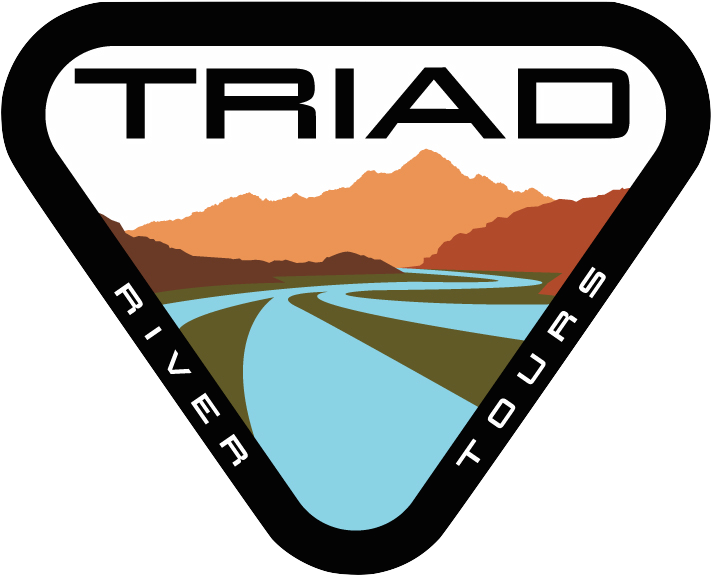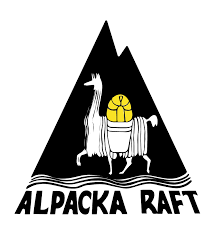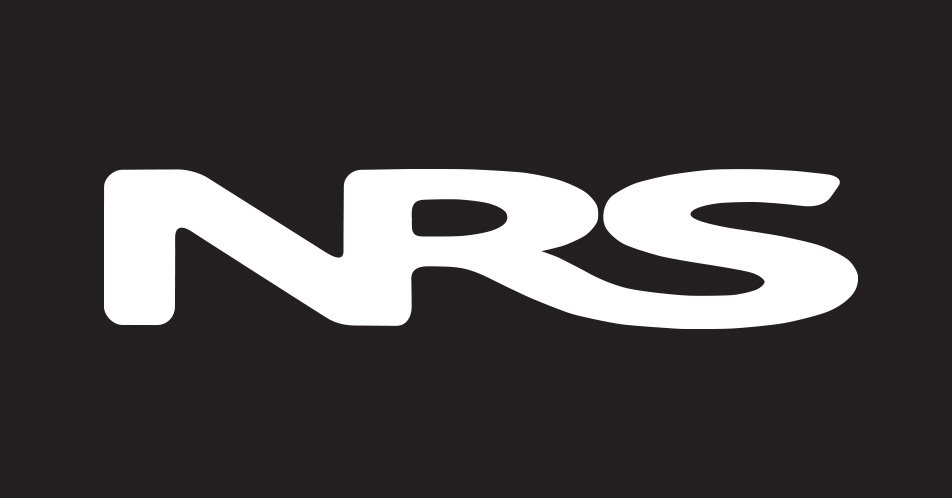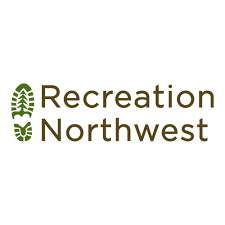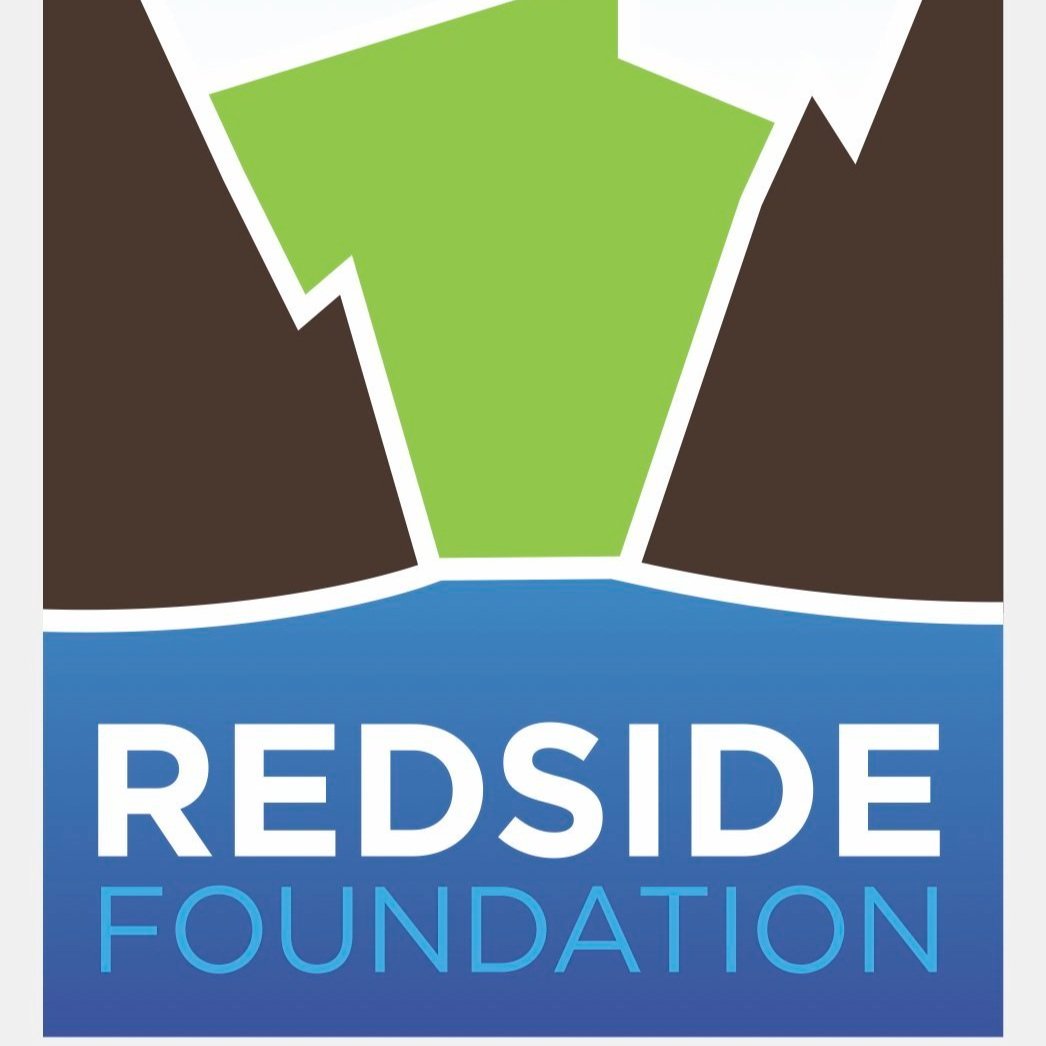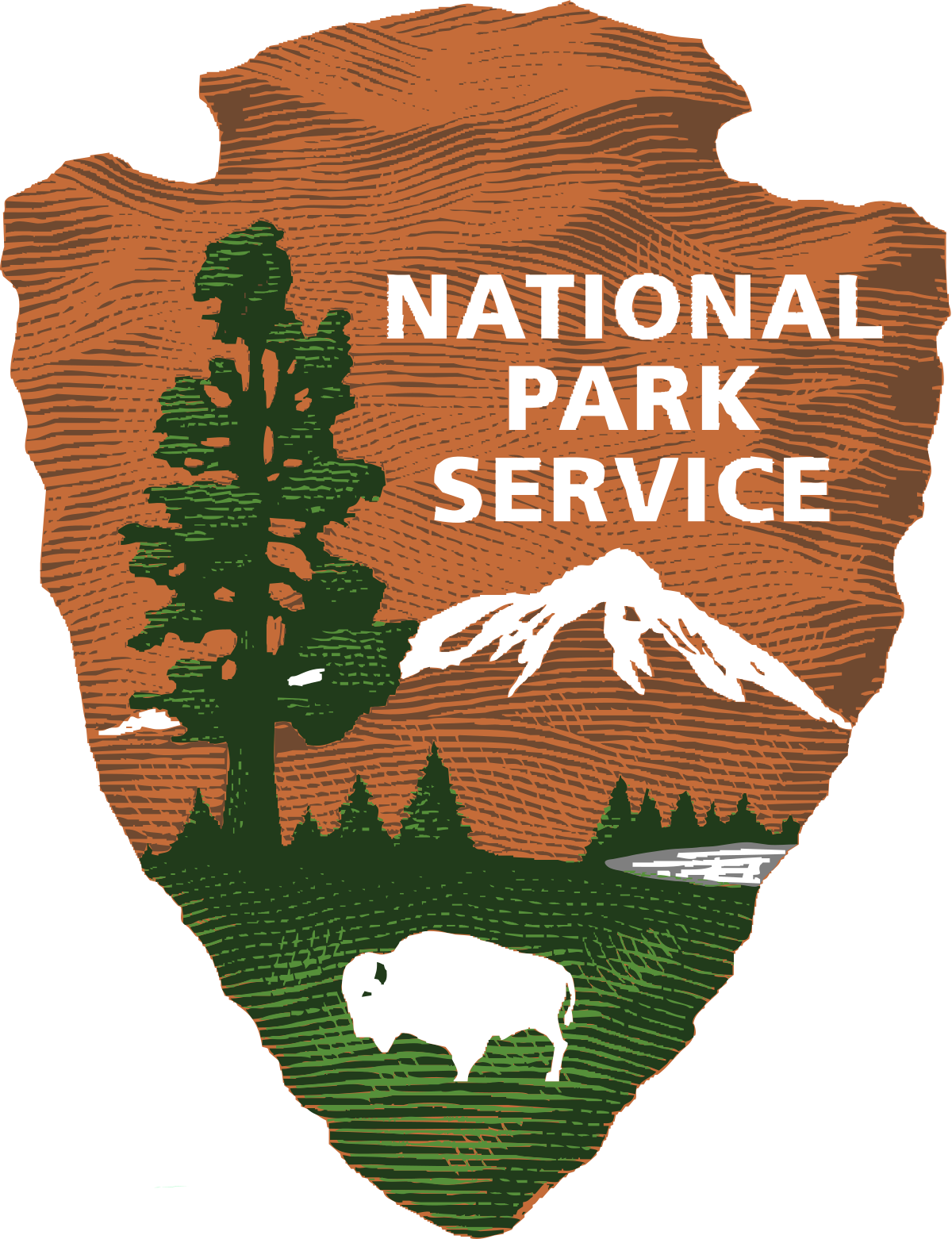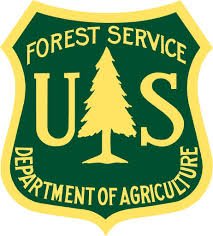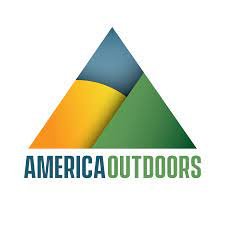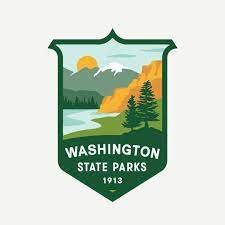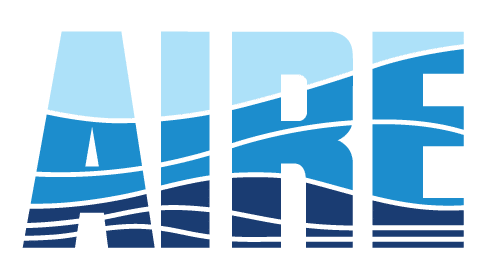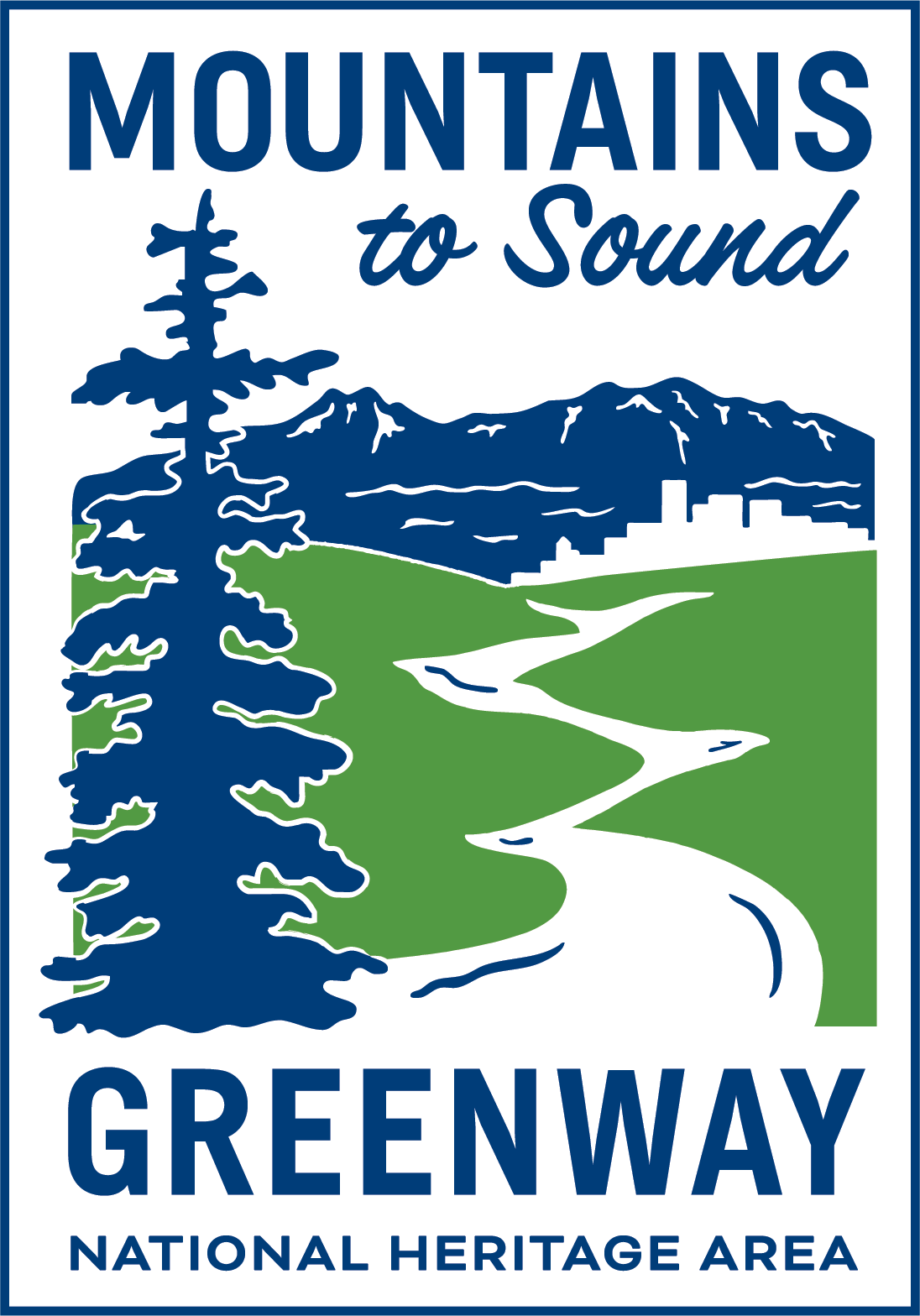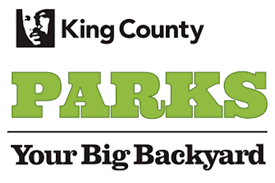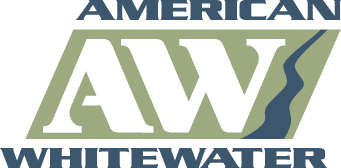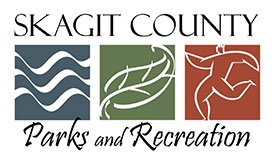As a business ethics graduate student I was taught that the law represents the moral minimum in any scenario, a baseline, if you will, by which all other activities can commence upon. River rafting, professional guiding, and the outdoor hospitality/recreation industry is one that needs a great deal of internal management and awareness; it's an industry that exists sometimes on the fringe of what can be monitored by government agencies. While Washington is a great place to run whitewater rivers, it is a place where consumers must educate themselves on the dangers of the rivers they are running, and make sure that they research the company that they go with.
Within Washington there are several government entities at work on the rivers that are responsible for making sure that outfitting companies operate within safe and legal guidelines. Restrictions on public and commercial access are in place to protect natural lands from destruction. Limits to user days ensure that the ecosystems are not damaged due to over utilization of river systems, and County Parks such as Howard Miller Steelhead Park in Skagit County, have Rangers that preside over the commercial use to ensure that people are kept safe and that our businesses are operating within safe and functional guidelines.
The Washington State Legislature has a few laws which preside over and are relevant to the outdoor recreation industry; here is a link to one of them. The law represents the moral and ethical minimum, here, because each outfitter is relied upon to establish their own safe and functional protocols and operational procedures. As industry experts we are expected to watch over, protect, and to keep as safe as possible the public which supports our business and our efforts. It's really a large challenge that should be taken seriously.
In our industry we function as facilitators of the connection that people have with their natural environment.
Triad River Tours operates under special use permits from the United States Forest Service within the state of Washington. Our business is also required to report to all local, state, and federal presiding authorities, just like any other business. Labor and Industries, Department of Revenue, Internal Revenue Service, the City of Bellingham, Skagit County Parks and Recreation, and (if food is involved) the Washington State Department of Health. All of these entities serve a purpose to monitor, inspect, audit, and hopefully educate outfitters like us on our responsibilities to the public. The people employed by these entities are often very knowledgeable in their field, but they certainly do not have the same level of commitment and responsibility that we do in ensuring that the future of the outdoor industry is a bright one which serves the public in the best possible way. The law is the moral and ethical minimum.
When Triad River Tours operates a river trip there is a lot of preparation that goes into planning for that trip. Many nights sitting up with guides, trip leaders, and USGS topographical maps, studying incident reports, river use statistics, ecological impact reports, and many other types of data must be perused before a commercial trip can take place. Our responsibilities to the public and to the environment are paramount, and our decisions can have an affect that lasts for decades after our trip.
I often wonder, now in my 16th year of guiding, and thousands upon thousands of people who I have taken down the river, with so many memories made and friendships and connections created; how many photo albums I am in. How many people look back and think about the trip that they had down a certain river, while I was their guide. The responsibility and empathy I feel towards our clientele, and the connection and awareness I look to foster towards the river and the environment which we utilize for our trips, is what fuels my personal desire to ensure that our guests receive a high quality trip, and that we make as small of an impact as possible.
The law is the moral minimum. In our industry we function as facilitators of the connection that people have with their natural environment. It is not difficult, in most cases, to stay above the moral minimum, but in order to truly function in a way which empowers people and propels the industry forward in a positive direction, we must appeal to our own sense of connection and conscience in regards to the impacts our trips leave in their wake. There will never be a river trip which has no environmental impact, and there will never be a way to run a trip that is entirely safe; both of those things are impossible. But while we work within an industry which continuously strives for advancements in equipment, knowledge, and data relevant to the trips we run, there is a necessity to study and work hard to develop a standard of operation which is well beyond the moral minimum, to one that leads the way and sets the example for our younger, more impressionable guests, and the smaller, newer companies which look to the more established ones for guidance.
Read more:
